Publications
Articles, publications, books, tools and multimedia features from the U.S. Institute of Peace provide the latest news, analysis, research findings, practitioner guides and reports, all related to the conflict zones and issues that are at the center of the Institute’s work to prevent and reduce violent conflict.
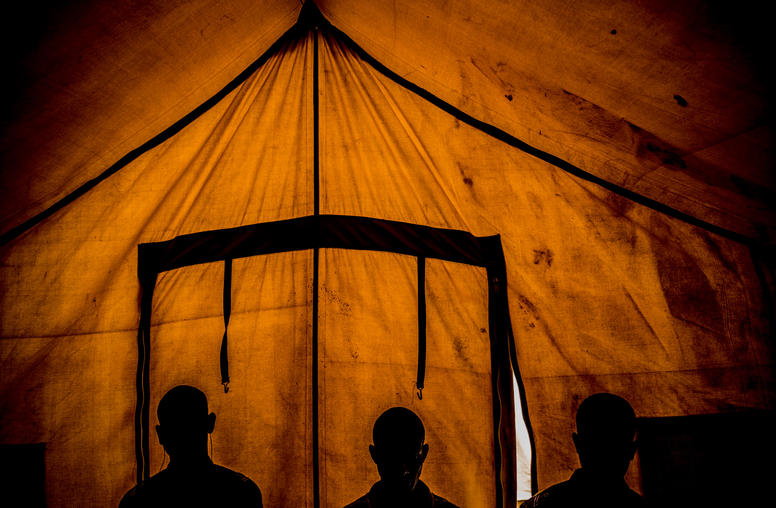
Defusing Violent Extremism in Fragile States
In Nigeria, a radio call-in show with local Islamic scholars provided an alternative to extremist propaganda. In Somalia, training youth in nonviolent advocacy for better governance produced a sharp drop in support for political violence. In the Lake Chad region, coordinating U.S. defense, development and diplomatic efforts helped push back Boko Haram and strengthened surrounding states. Such cases illustrate ways to close off the openings for extremism in fragile states, experts said in a discussion at the U.S. Institute of Peace.
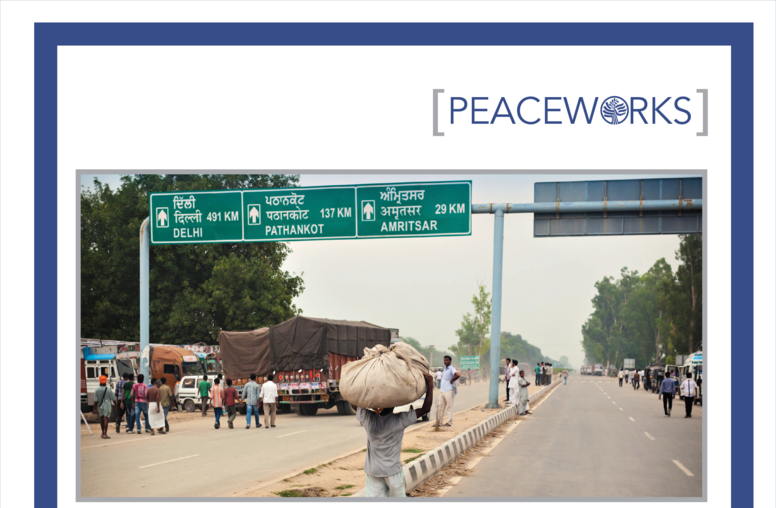
Misperceptions About India-Pakistan Trade
Larger political issues between India and Pakistan—from border conflicts to mutual government mistrust to long-standing rivalry—have been the main driver for the limited trade and economic cooperation between the two countries. This report, however, makes the case that working within existing protocols to enhance existing trade and cooperation, rather than addressing the more obvious and chronic political issues, is necessary to peacebuilding in the region.
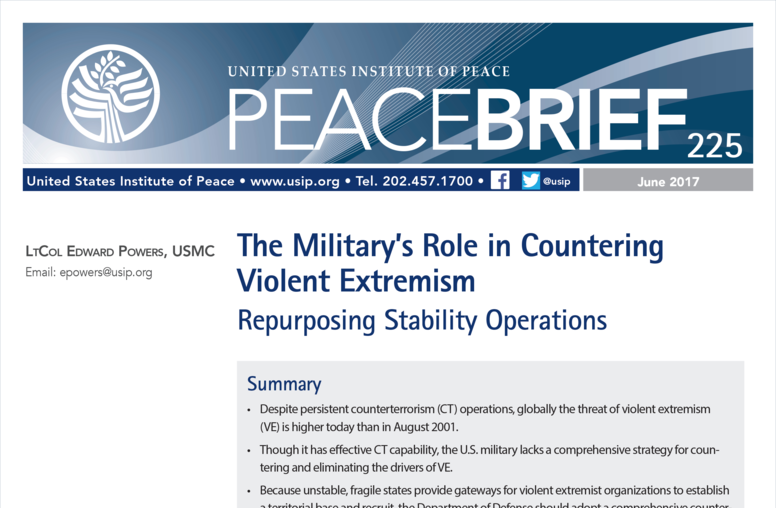
The Military’s Role in Countering Violent Extremism
The U.S. military, through its stabilizing mission, has a role to play in countering and eliminating the drivers of violent extremism (VE). Though the military has effective counterterrorism (CT) capability, there is a gap in its counter-VE (CVE) strategies that can be closed by linking reactive CT operations to preventative efforts to remove the drivers of VE. ...
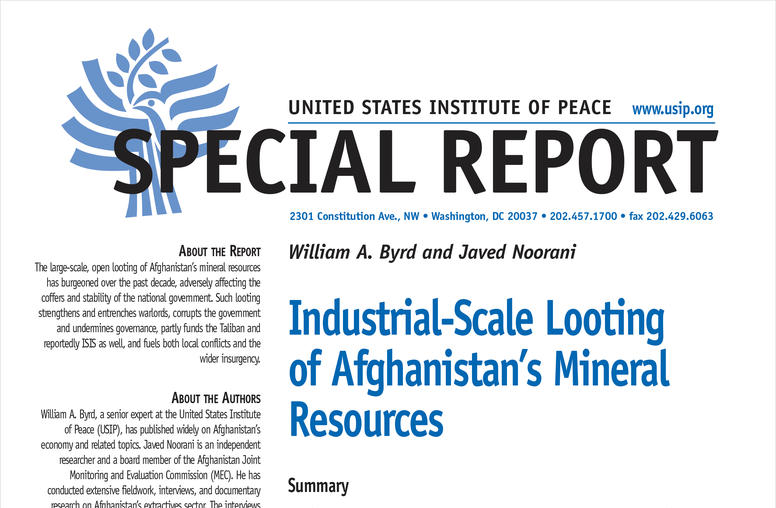
Industrial-Scale Looting of Afghanistan’s Mineral Resources
Afghanistan has been plagued by large-scale, open looting of mineral resources, involving significant mining operations, bulk transport of minerals along main roads, and crossing the border at just a few, government-controlled points. This mineral looting, amounting to hundreds of millions of dollars per year, involves widespread corruption, entrenches warlords and their networks, and fuels both local conflicts and the wider insurgency in Afghanistan. The government needs to begin to get a better handle on resource exploitation and to collect more substantial royalties and taxes from ongoing mining activities.
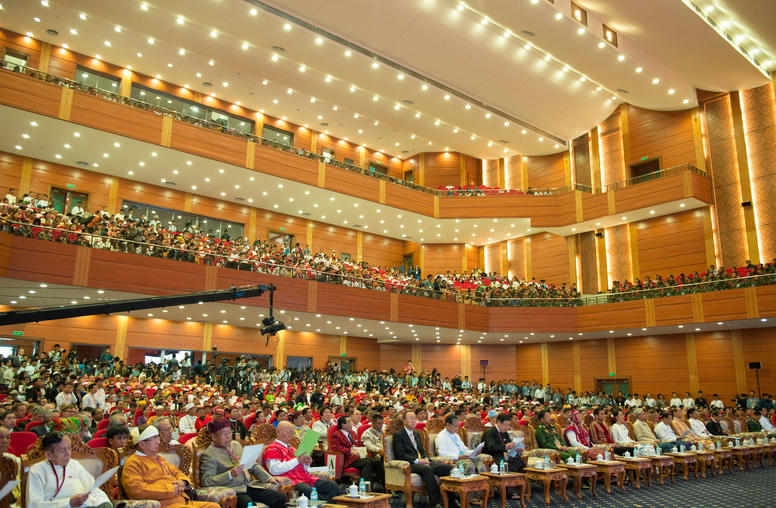
Q&A: What’s Next for Burma’s National Dialogue
Burma's national dialogue, stalled for months, advanced this week with the opening of the second round of the 21st Century Panglong Peace Conference in Naypyitaw, the capital. The five days of political talks focus on working out a federal system to resolve the country’s ethnic tensions.
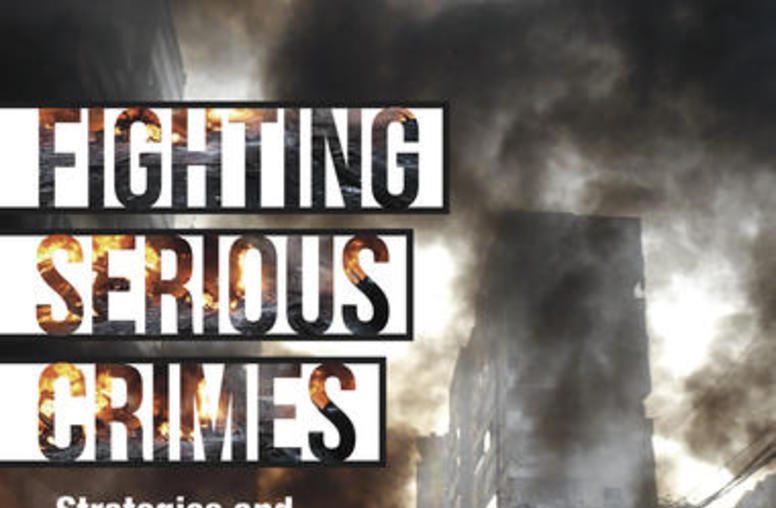
Fighting Serious Crimes
Fighting Serious Crimes: Strategies and Tactics for Conflict-Affected Societies is an invaluable resource for anyone battling serious crimes in societies seeking to avoid conflict, to escape from violence, or to recover and rebuild. Packed with practical guidance, this volume includes real world examples from more than twenty of today’s conflict zones, including Libya, Yemen, Iraq, Afghanistan, Somalia, and Colombia.
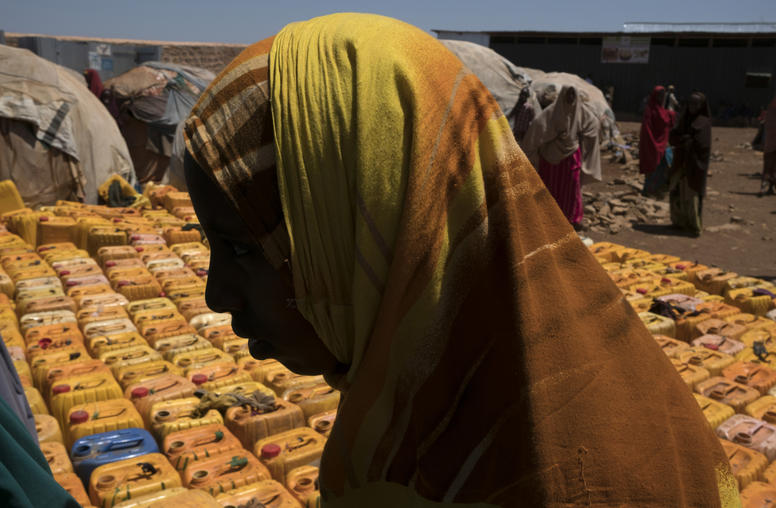
How Drought Escalates Rebel Killings of Civilians
The 2011 famine in Somalia, caused by a prolonged drought, killed an estimated 260,000 people. But this was more than a natural disaster. Amid the starvation, food shortages prompted rebels of al-Shabab, the armed group fighting Somalia’s government and spreading terror abroad, to attack local farmers to seize their food reserves, causing even more civilian deaths. It’s a pattern that plays out in rural regions across the developing world.
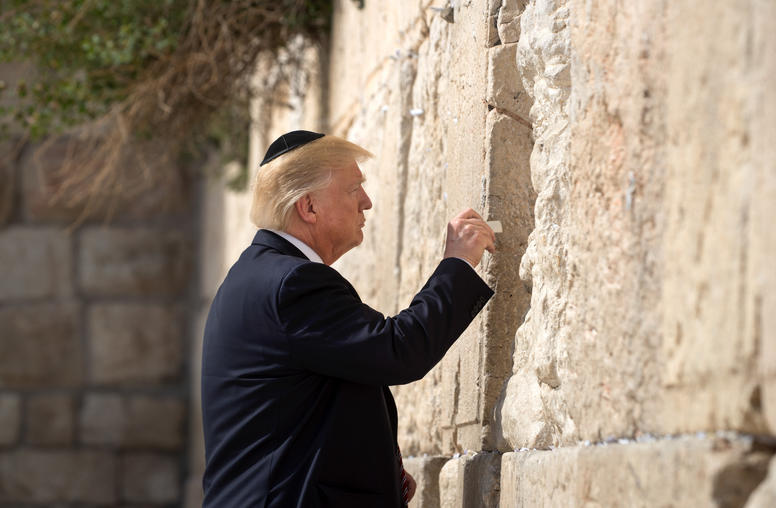
Trump Highlights Religion in Israeli-Palestinian Conflict
With the Israeli-Palestinian conflict a centerpiece of his first official trip abroad, President Donald Trump is staking out some delicate terrain. Unlike his predecessors, Trump has taken the risky step of highlighting the importance of religion to his policy goals with stops in Saudi Arabia, ...
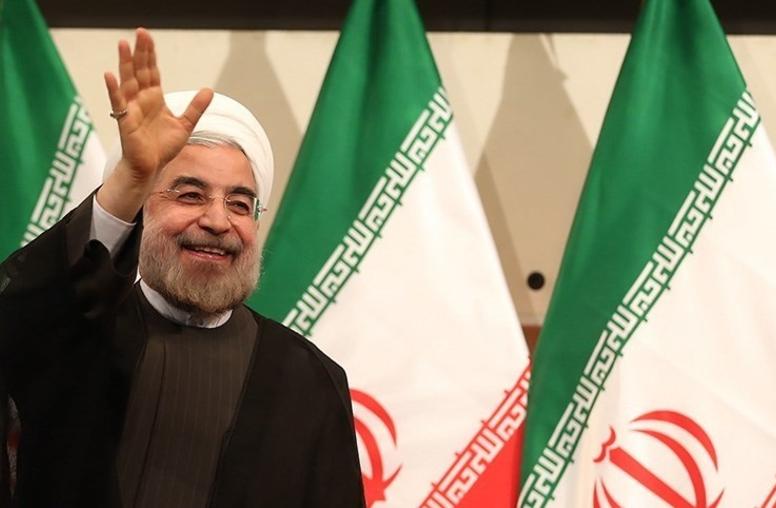
Rouhani’s Win in Iran May Not Ease Path on Promises
Iranian President Hassan Rouhani won a decisive victory for a second four-year term, with more than 41 million of 56.4 million eligible voters casting ballots, and 57 percent granting him their vote. But his platform of loosening political restrictions at home and greater engagement abroad will face challenges domestically and internationally.
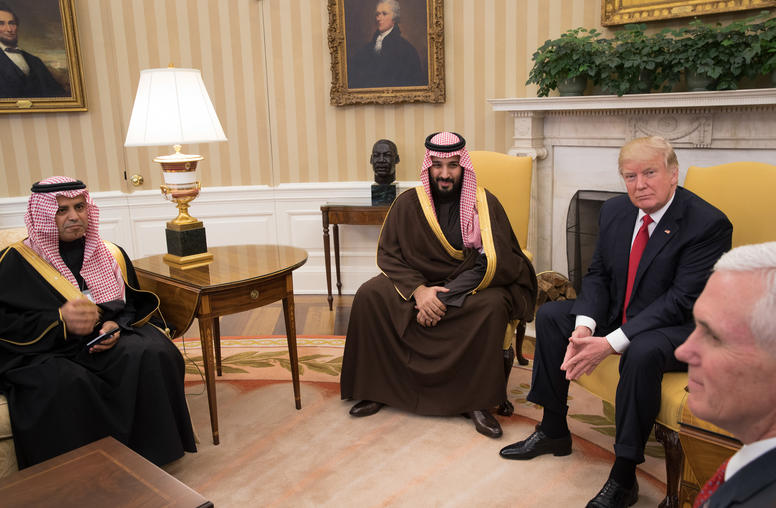
Trump Trip: Time to Dust off the Arab Peace Initiative?
President Trump’s upcoming summit with Saudi Arabia’s King Salman bin Abd Al-Aziz rounds out his meetings with the five most powerful friendly leaders in the region. The first four in Washington with the heads of state from Egypt, Jordan, Turkey and Israel all produced common themes: the campaign against ISIS and terrorism, the challenge of Iran, the turmoil of collapsing states in Syria and Yemen. But in the immediate background is the Israeli-Palestinian peace process which the president has said is a top priority for his administration.